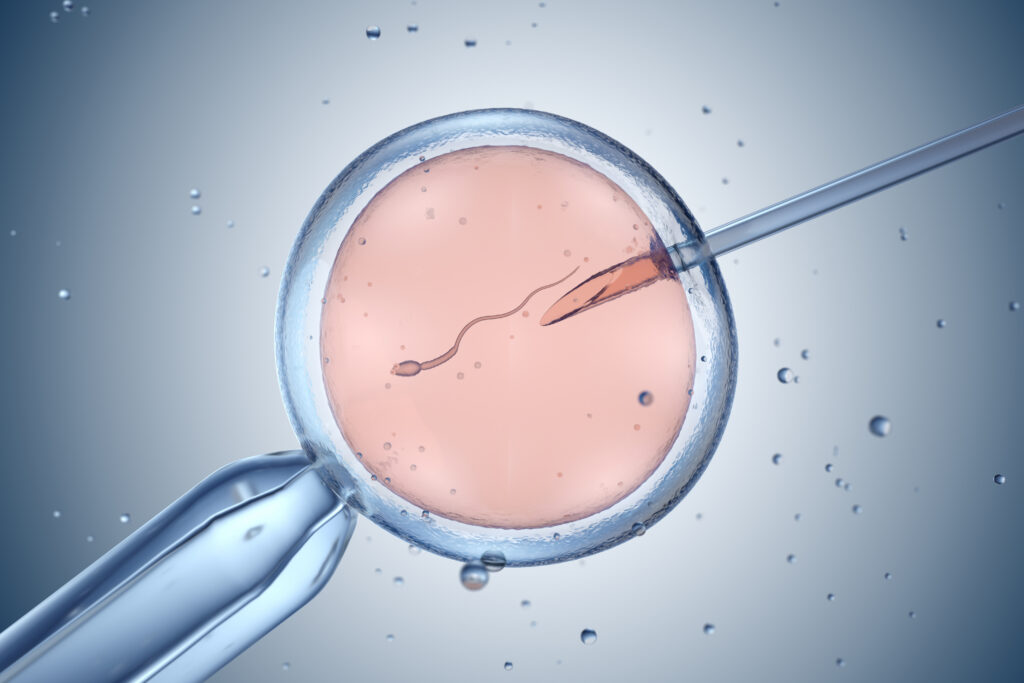Eugenic Elitism
In his book War Against the Weak: Eugenics and America’s Campaign to Create a Master Race, New York Times bestselling author Edwin Black paints one of the most complete pictures to date of the history of the eugenics movement in America. In this remarkable work, originally published in 2003 and expanded in 2012, Black chronicles a shameful period in modern American history, which has cast a long and lasting shadow across our country’s record on human rights.
Black’s book is both a thorough and revealing look at the decades-long effort to create a white Nordic master race in the United States. Over the course of this campaign, an estimated 60,000 Americans were forcibly sterilized as they had been deemed unfit to procreate due to their ethnic origin, poverty, physical disabilities, mental impairments, or “feeble mindedness” (a blanket term, which subsumed a plethora of often imagined ills).
Perhaps the most disturbing aspect of the eugenics movement in the United States was the amount of support that it found and the fervor with which it was put forward by its advocates. Those who professed the eugenic gospel were not the uneducated and uncouth. They were not led by a narrow worldview and limited access to information. Rather, they were the academics who led at the nation’s most prestigious institutions, the leaders who shaped the policy of the country, and the progressives with opportunities to make positive changes. They truly were the elites of America.
One of the leading minds behind the eugenics movements was Dr. Charles Davenport. A biologist, Harvard professor, and member of the National Academy of Sciences, Davenport made eugenics his true passion and life’s work. He was convinced, as a man of science, that certain ethnic groups were inferior to others and posed a distinct threat to the moral and physical health of society. With the financial backing of the Carnegie Institution, Davenport founded and directed the Cold Spring Harbor Laboratory, which became the premier center for eugenic research in the United States. As Black writes, “The goal (of Cold Spring Harbor) was clear: to eliminate the inadequate and unfit.[1]”
Another leading American academic, and leading eugenicist, was Yale economist Irving Fisher. Richard Conniff, in a great article in a recent edition of the Yale Alumni Magazine, quotes a speech Fisher delivered at Cold Spring Harbor Laboratory. Fisher, who even today is considered one of the greatest American economists, lamented that “race suicide among the well to do classes meant their places will be speedily taken by the unintelligent, uneducated, and inefficient.”
Black points out that famed Planned Parenthood founder and radical feminist icon Margaret Sanger was devoted to the cause of eugenics. “Sanger was an ardent, self-confessed eugenicist, and she would turn her otherwise noble birth control organizations into a tool for eugenics, which advocated for mass sterilization for so-called defectives, mass incarceration of the unfit, and draconian immigration restriction.[2]” Additionally, Sanger “repeatedly referred to the lower classes and the unfit as ‘human waste’ not worthy of assistance, and proudly quoted the extreme eugenic view that human ‘weeds’ should be exterminated.[3]”
The New York Times columnist Ross Douthat aptly comments, “These same eugenicists were often political and social liberals – advocates of social reform, partisans of science, critics of stasis and reaction.” Conniff points out that these eugenicists “weren’t sinister characters out of some darkly lighted noir film about Nazi sympathizers but environmentalists, peace activists, fitness buffs, healthy-living enthusiasts, inventors, and family men.” However, their progressivism was fundamentally flawed as it lacked a central understanding of the dignity of every human person.
Despite the fact that proponents of eugenics thought they were working for a better world, their work became brutish as it advocated only for the good of a very select few. The horrific result was 60,000 Americans who were forcibly sterilized through state-sponsored eugenics programs that forever ruined countless lives. The issue of eugenics lives on as North Carolina and Virginia continue to debate proper compensation for victims of such programs. The eugenicists of the past serve as a powerful reminder that a strong intellect, if not tempered by a compassionate heart, can be a very dangerous thing.
[1] Black, Edwin. War Against the Weak. Expanded Edition. Washington: Dialog Press, 2012. 41.
[2] Black, 127
[3] Black, 127

























